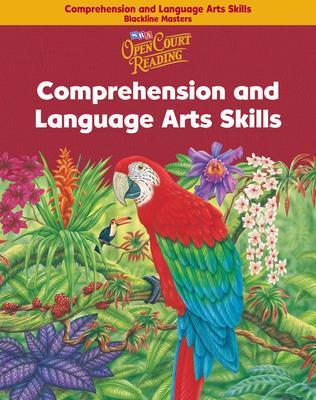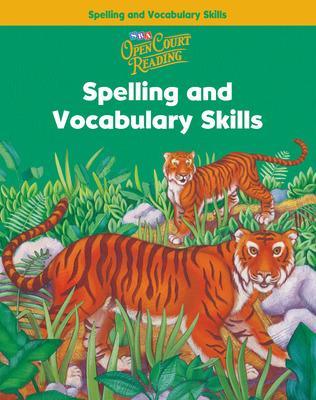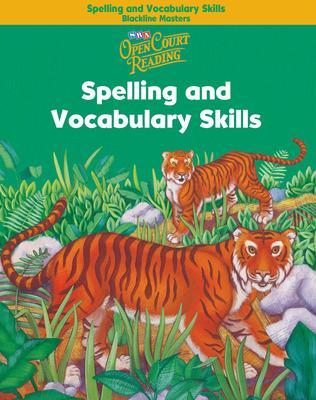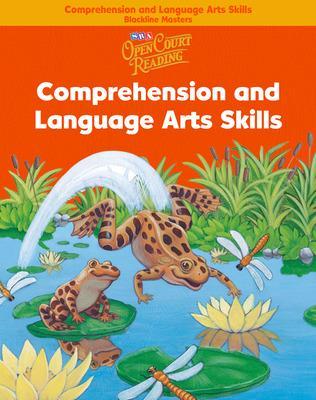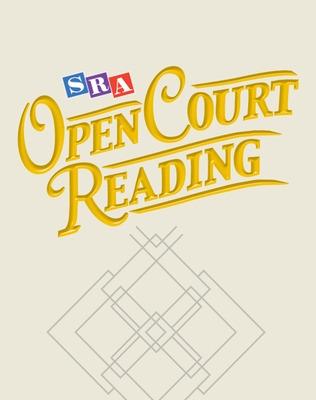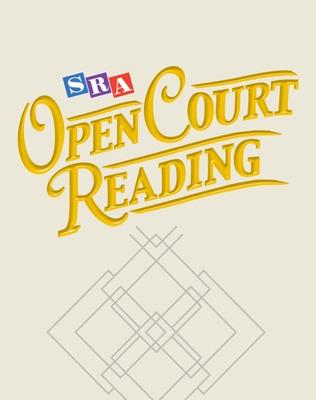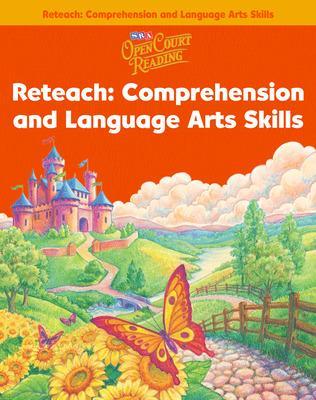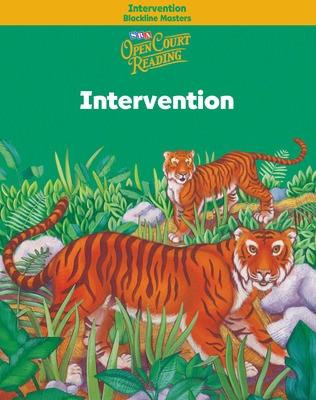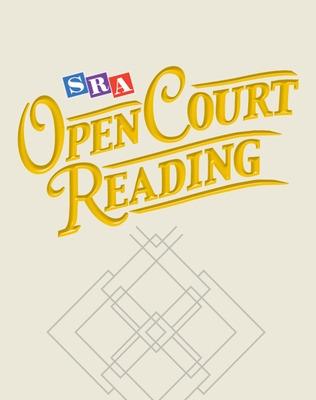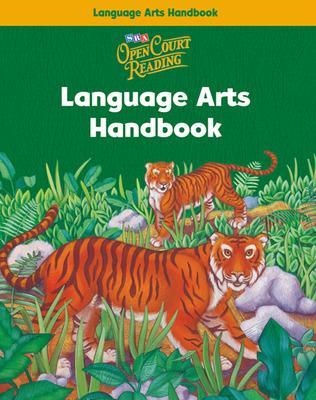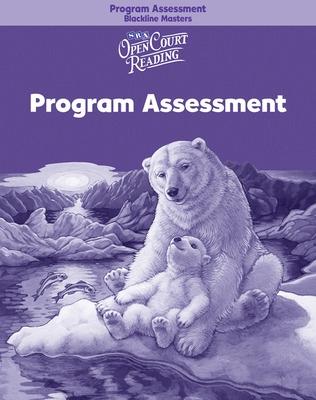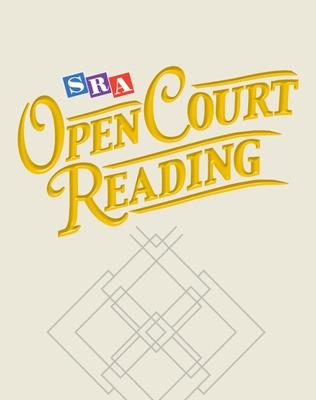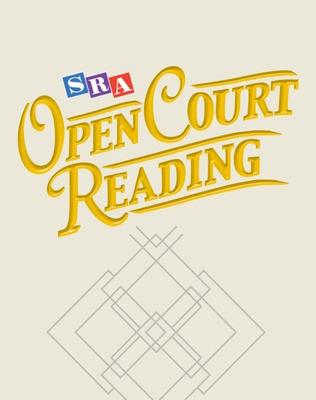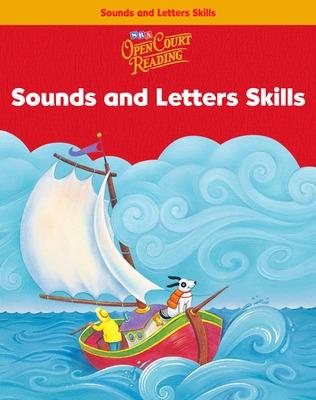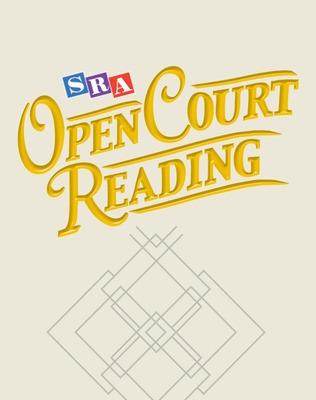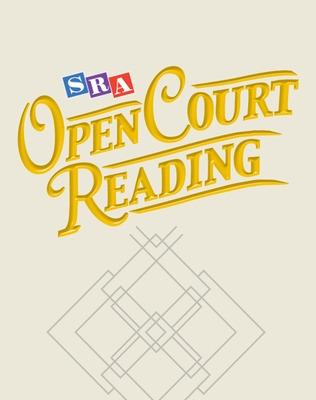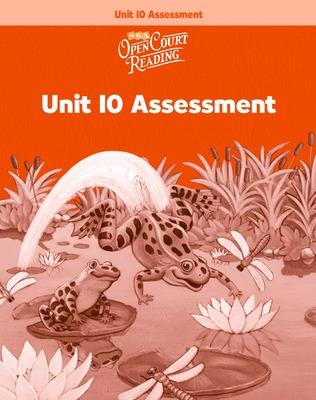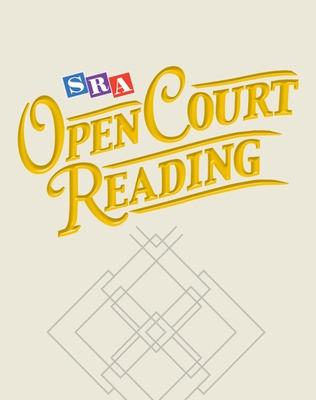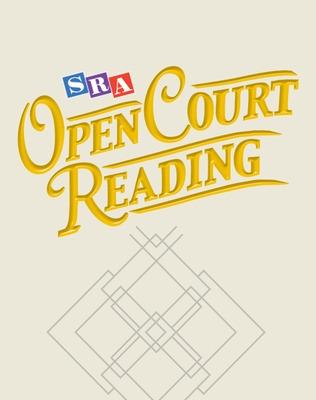IMAGINE IT
297 total works
Open Court Reading, Comprehension and Language Arts Skills Blackline Masters, Grade 6
by McGraw Hill
Open Court Reading, Spelling and Vocabulary Skills Workbook, Grade 2
by McGraw Hill
Open Court Reading - Spelling and Vocabulary Skills Blackline Masters - Grade 2
by McGraw Hill
Open Court Reading, Comprehension Skills and Language Arts Blackline Masters, Grade 1
by McGraw Hill
Open Court Reading, Reteach Workbook - Comprehension and Language Arts Skills, Grade 1
by McGraw Hill
Open Court Reading, Comprehension and Language Arts Annotated Teacher's Edition, Grade 4
by McGraw Hill
Open Court Reading, Program Assessment Blackline Masters, Grade 4
by McGraw Hill
Open Court Reading, Sounds And Letters Skills Annotated Teacher Edition, Grade K
by McGraw Hill
Open Court Reading, Sounds and Letters Skills Workbook, Grade K
by McGraw Hill
Open Court Reading, Unit Assessment Annotated Teacher Edition Package, Grade 4
by McGraw Hill
Open Court Reading, Spelling and Vocabulary Skills Annotated Teacher's Edition, Grade 2
by McGraw Hill
